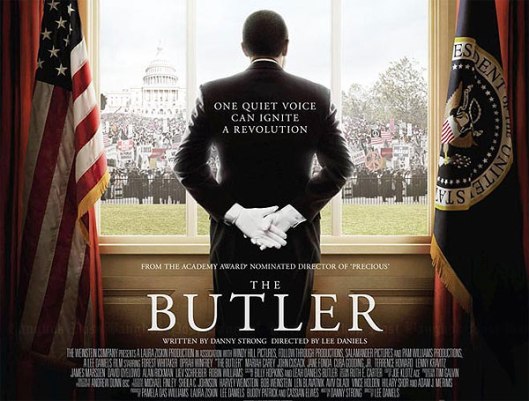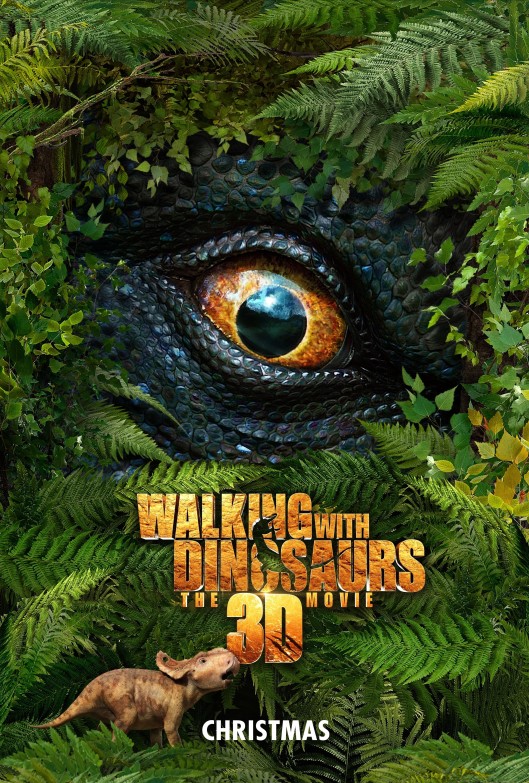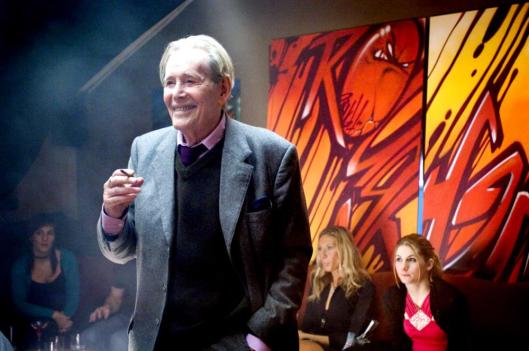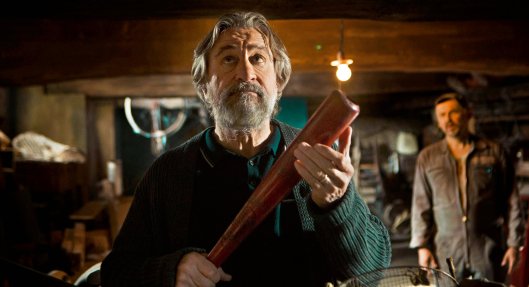Tags
Alfred Molina, Amazon, Animation, DC Universe, Diana, Gods and Mortals, Keri Russell, Lauren Montgomery, Nathan Fillion, Review, Rosario Dawson, Steve Trevor, Superhero
D: Lauren Montgomery / 74m
Cast: Keri Russell, Nathan Fillion, Alfred Molina, Rosario Dawson, Marg Helgenberger, Oliver Platt, Virginia Madsen
An origin story for everyone’s favourite Amazon, Wonder Woman starts before Diana (Russell) is even born. Ares, the god of War (Molina) is waging war against the Amazons; with each act of violence he grows stronger. However he is defeated and sentenced to be bound by magical bonds and imprisoned on the hidden island where the Amazons live, led by Hippolyta (Madsen), and having no contact with the outside world.
Diana (whose mother and father we discover are Hippolyta and Ares), grows up to be a talented warrior with a longing to do more than be a princess. She gets her chance when fighter pilot Steve Trevor (Fillion) is shot down over the island and crash lands there. Despite some initial mistrust it is decided he should be returned to his own land and an Amazon should ensure he gets there. Cue a tournament to decide who accompanies him. (Guess who wins?) While all this is going on however, Ares escapes his prison and the world is threatened once again by his insatiable lust for power. But first he must rid himself of the magical bonds…
The animated DC Universe has become an impressive place to visit over the last ten years, with its Batman movies being particularly well-made. Here, the origin of Wonder Woman – largely adapted from 1987’s Gods and Mortals comics storyline – is given a thoroughly entertaining and robust presentation with strong voice casting (Molina steals the show as Ares), a fight-heavy storyline that keeps things inventive and involving, and which isn’t afraid to kill off some of its characters along the way (there’s even a couple of beheadings). Alongside Diana’s adapting to “outside” ways, there’s a meeting with Hades (Platt), concise examinations of sisterhood and family, and a terrible choice made by one of the supporting characters. Wonder Woman is almost wholly sure-footed from start to finish. The only stumble it makes is with the character of Trevor. He’s so casually sexist it grates against the otherwise laudable feminism displayed elsewhere; what Diana would see in him is hard to fathom.
Montgomery is an old hand at directing DC Universe movies now, but this was only her second outing after Superman/Doomsday (2007). She handles the material with confidence, marshalling the visual elements with flair and eliciting strong performances from the cast. The script, by Michael Jelenic, is spare, with often succinct dialogue (apart from Trevor’s), and a generous respect for the source material. And of course, the animation, while not as accomplished as some of the more recent DC Universe movies, is still polished and pleasing to the eye with rich primary colours and deceptively detailed backgrounds.
Rating: 7/10 – a small triumph for Warner Bros. with Russell filling Wonder Woman’s boots with aplomb, and a visual style that never fails to hold the attention.
Originally posted on thedullwoodexperiment website.

























































